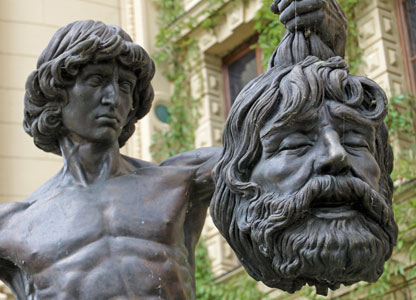The European Union (EU) is a club of 27 countries from across Europe, whose governments all work together.
The EU has the power to make laws that apply to all of its member states at once.
It makes laws through a legislative process that involves three key EU institutions:
The European Commission – it is responsible for proposing and implementing EU laws and policies. There is one representative for each member state, put forward by their respective governments.
The European Parliament – it has the power to approve, amend, or reject laws proposed by the Commission. The Parliament is made up of 705 members (Members of European Parliament or MEPs) who are directly elected by voters in the EU member states.
The Council of the EU – it can also approve, amend, or reject laws. It is made up of a government minister from each member state.
There are six main steps in the EU law-making process.
- The European Commission proposes a new law. The right to propose new laws is known as the ‘Right of Initiative.’
- Once the Commission has drafted a piece of legislation, it is sent to the European Parliament for a first reading. Here it is reviewed by the Parliament’s 20 committees who make changes and recommendations where they see fit. The Parliament then votes to accept or reject the legislation. If rejected, it is sent back to the Commission with suggestions.
- If accepted, it is passed on to the Council of the EU. It reviews the proposed legislation and usually makes amendments before also voting on it.
- If accepted, it is sent back to the European Parliament for a second reading. The Parliament can accept or reject the Council’s changes or propose new amendments once again.
- If differences between the Council and Parliament persist, a conciliation committee is formed to find a compromise.
- If a compromise is reached, the proposal is sent back to the European Parliament and to the Council for final approval. If both institutions agree, it then becomes a law. Once a law is adopted it is binding on all EU member states and must be implemented in international law.
Passing legislation within the EU requires cooperation between all member countries.
The process of passing law within the EU can therefore be difficult and time consuming due to the complex process and diversity of interests among its 27 states.



